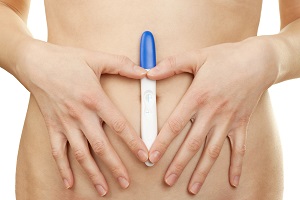The number of couples who go to the United States to practice assisted fecundation is growing. This is revealed by a study by the Georgia Institute of Technology. Compared to the US, "tourists of reproduction" are more likely to use donated oocytes and exploit prenatal screenings.
The study analyzes the data of more than 1 million assisted fertilization cycles, conducted between 2006 and 2013. Over this period, the number of foreign couples has risen from 1.2% to a total of 2, 8%. In 2013 foreign couples practicing assisted fertilization in the United States were nearly 5,400.
Foreigners have looked for treatments not available in their countries, exploiting certain technologies far more than the US themselves. 42% of non-residents' cycles have predicted the use of oocytes donated, compared with 10.6% of US cycles. In addition, foreigners have asked for surrogate mothers 8 times more than residents (12.4% versus 1.6%). The pre-implant genetic testing rate was also 4 times higher than that of the residents (19.1% vs. 5.3%).
The foreign patients examined came from 147 countries around the world. 50% of Canadian and British patients have used oocytes donated, probably due to certain legal restrictions in their countries. The percentage rises to 90% in the case of Japanese patients.
Source: gatech.edu
















